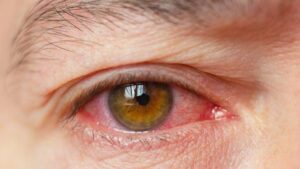
Many military service members, particularly those transitioning back to civilian life, often grapple with post-traumatic stress disorder (PTSD), a mental health condition also referred to as shell shock, prevalent in individuals who have undergone a traumatic event.
Veterans, exposed to war zones, training incidents, and life-threatening situations, commonly experience symptoms such as nightmares, flashbacks, and extreme anxiety. Military service ranks among the leading causes of PTSD. Thankfully, with diligent self-care, veterans can enhance their quality of life.
PTSD manifests in various ways for veterans, with avoidance of places, people, or situations linked to the traumatic event being a common occurrence. Emotional reactivity and constant vigilance may lead to sleep difficulties, irritability, concentration issues, and hypervigilance. Suicidal thoughts are also not uncommon.
Fortunately, numerous treatment options exist for veterans dealing with PTSD. Seeking social support, counseling, and/or eye movement desensitization and reprocessing are viable avenues. Additionally, veterans can explore mindful breathing and yoga to promote mental relaxation.
For more insights into how PTSD impacts veterans, refer to the accompanying resource.
This infographic was created by Veteran Car Donations, donate car to charity







